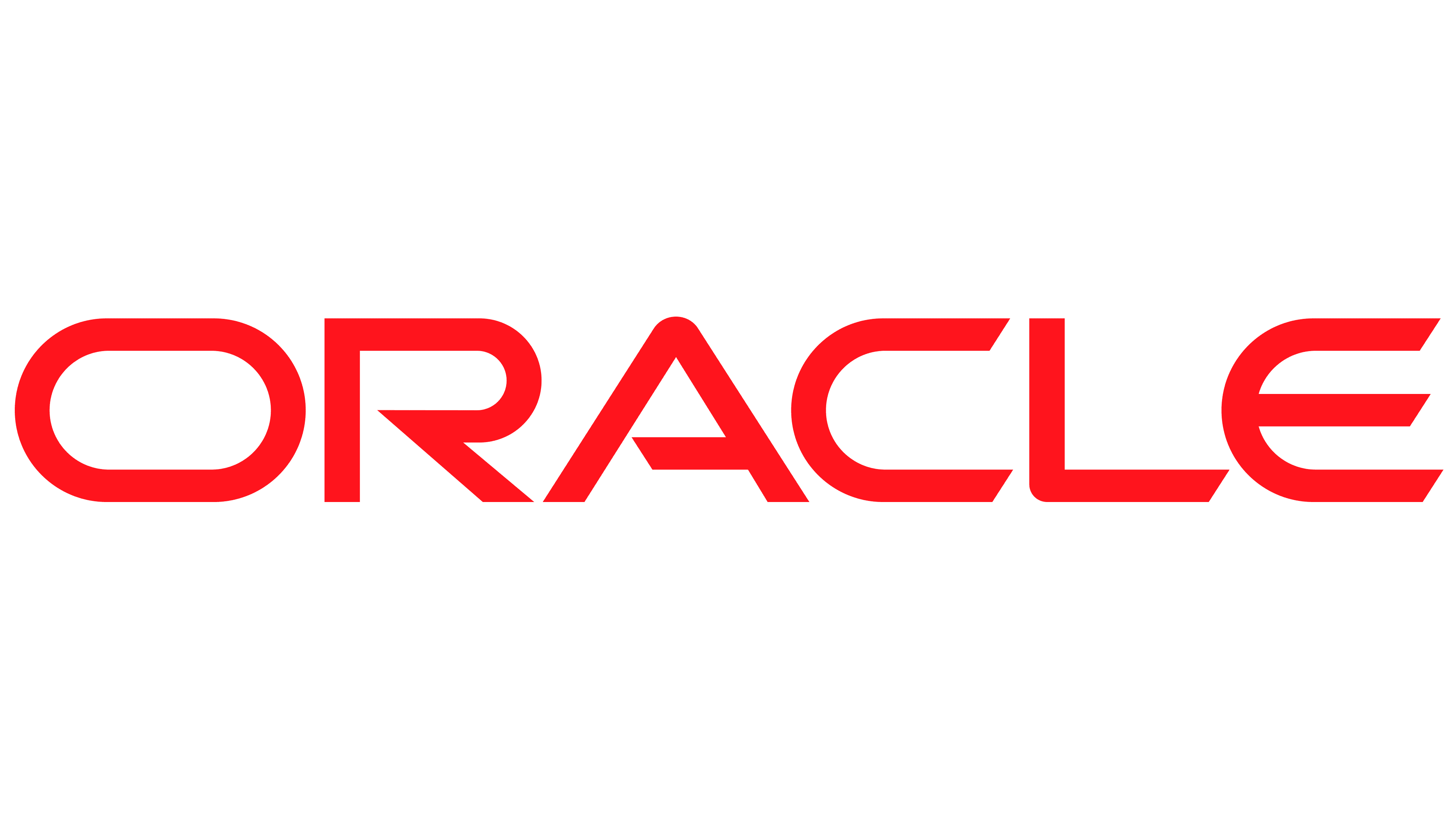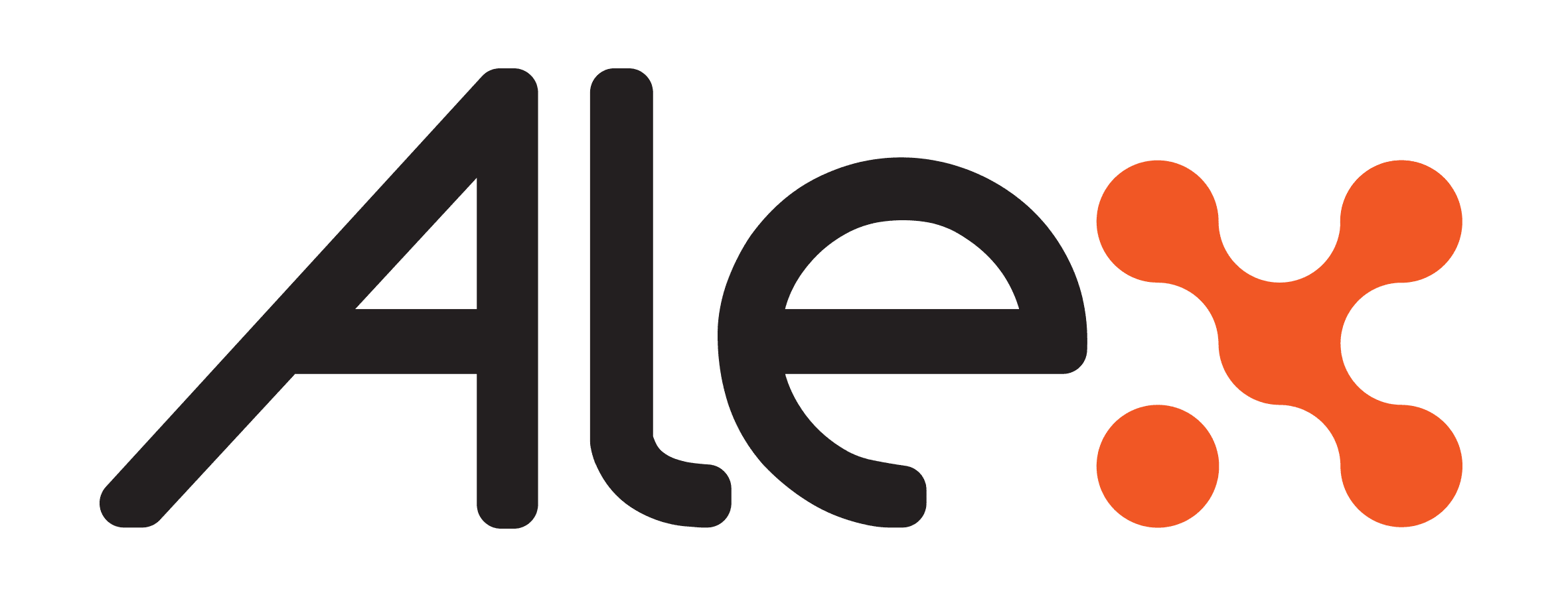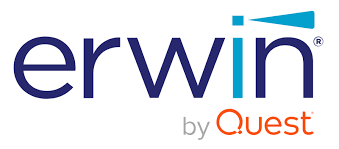 Key Takeaways
Key TakeawaysHere are the top 7 metadata management tools
- Informatica: AI-driven, enterprise-grade, broad integrations.
2. Dataedo: Affordable, on-premise, easy data cataloging.
3. Alation: Cloud-native, AI-powered search and governance.
4. Oracle OEMM: On-premise, deep lineage, seamless Oracle integration.
5. Alex Solutions: Cloud-based, modular, advanced scanning.
6. Atlan: Collaborative, API-first, real-time insights.
7. Erwin: On-premise, automated cataloging, strong governance.
Managing metadata has become crucial to any organization’s data strategy in today’s data-driven world. Nowadays, businesses face the challenge of effectively managing their growing and complex data volumes. This is where metadata management tools come into play.
In this blog, we will discuss metadata, how to manage metadata, the need for metadata management, factors to consider before choosing a metadata management tool, and a list of the best metadata management tools available on the market. So, let’s dive in!
Table of Contents
What is Metadata?
In simple terms, metadata is data about the data. It contains information about a dataset’s content, structure, and purpose, allowing you to organize, categorize, and retrieve data/information easily. Let’s understand this better with an example.
If you have a text document, its metadata will include the author’s name, the date created, the file size, the date modified, etc.
Types of Metadata
Metadata can be broadly classified into two categories:
- Active Metadata: Active metadata uses open APIs to connect the tools in your tech stack and returns metadata back and forth in a two-way stream. It can be used to make more intelligent decisions.
- Passive Metadata: Passive metadata is created, managed, and processed by humans. It makes the labeling system unique and makes it easier for users to locate, understand, and use the data.
What Is Metadata Management and Why Is It Important?
Metadata management is the process of managing metadata throughout its lifecycle, including creation, storage, use, and disposal. It helps you gain insights into more effective data management and enables business and technical users from all levels to search, understand, and access the data required to perform their respective job functions.
Now, Why is it Important to Manage Metadata?
Proper metadata management can help you understand your data better by providing a holistic view. This allows you to leverage your data’s full business value. As your data continues to grow and become more distributed and complex, it becomes crucial to understand and use metadata to:
- Know more about data.
- Understand relationships between various entities.
- Track how your data is being used.
- Assess the value and risks associated with the usage of this data.
These are mission-critical processes. Therefore, metadata management is important in business analysis and reporting.
To understand this better, let’s take an example. Imagine you are working on a project where you need to find specific data from a huge repository; without metadata management, you will waste hours navigating through the files, while with it, you will find what you want in minutes. Metadata management also supports data quality, compliance, and clarity of decision-making by providing better insight into the data assets.
What Are Metadata Management Tools and Why Are They Important?
A metadata management tool is a software solution that captures, stores and manages metadata related to organizational data assets. Metadata management tools usually provide a broad spectrum of usability. They include functionalities such as:
- Data catalog: It presents metadata in a structured and organized manner, allowing users to search, browse, and discover data within the metadata repository. Selecting the right data catalog tools can greatly enhance metadata management, as they centralize metadata, making it accessible and organized across diverse data systems.
- Compatibility with multiple connectors: These interfaces enable the metadata management tool to connect to various data sources in your organization’s tech stack, such as databases, data warehouses, data lakes, etc.
- Business Glossary: It captures the business context and terminology associated with data assets.
- Data lineage: This component visualizes the relationship between various data across the organization, enabling users to understand the data lifecycle.
- Data profiling: This function helps you establish and enforce data governance policies, track data lineage, and follow regulatory requirements by implementing data quality monitoring or classification.
- Impact analysis: The graphical visuals obtained after data lineage are then used to perform impact analysis and trace the origins of specific data elements.
- Metadata ingestion and translation: This functionality scans connected data sources, extracts relevant metadata, and ingests it into the metadata repository.
This blog will list the best metadata management tools and compare whether they provide the abovementioned functionalities. This will make it easier for you to decide which tool best suits your requirements.
Migrate your metadata efficiently using Hevo and then deploy the metadata management tools to understand your metadata better. Hevo’s no-code platform empowers teams to:
- Integrate data from 150+ sources(60+ free sources).
- Simplify data mapping and transformations using features like drag-and-drop.
- Easily migrate different data types like CSV, JSON, etc., with the auto-mapping feature.
Join 2000+ happy customers like Whatfix and Thoughtspot, who’ve streamlined their data operations. See why Hevo is the #1 choice for building modern data stacks.
Move PostgreSQL Data for FreeWhat is the Need for Metadata Management Tools?
Efficient metadata management tools can provide tremendous benefits to an organization. They can help you by providing:
- Improved Data Visibility
- Improved Data Governance
- High Data Accuracy and Quality
- Enhanced Compliance
Therefore, metadata management tools are essential to any organization’s data governance strategy and should be noticed.
What Are the Top 7 Metadata Management Tools?
1. Informatica Metadata Management
The Informatica Metadata Management tool automates data intelligence collection, curation, and inference. Its CLAIRE AI Engine lets you automatically discover data domains, classify data, infer relationships, recommend the next-best actions, associate business terms, and more.
Key Features
- Supports various file formats
- It supports various cloud platforms, databases, SaaS applications, and BI tools.
- It allows you to automate the creation of a single, end-to-end view of all your valuable business data with scalable multidomain MDM and 360 solutions.
Pricing
It has volume-based pricing and a pay-as-you-go model. You can contact their sales team to get a quote for pricing.
Why Choose Informatica?
Informatica is a good metadata management tool for large enterprises with advanced metadata management requirements. It easily integrates with other Informatica products and could be the best choice for those already using their product line.
2. Dataedo

Dataedo allows users to catalog their data in a central metadata repository in minutes, annotate each dataset, extract and visualize table relationships, build a Business Glossary and map it to a Data Dictionary, classify sensitive data, etc.
Key Features
- Data Dictionary for data cataloging.
- ER diagrams discover, document, and visualize relationships between various entities.
- Schema Change Capture.
Pricing
It contains three pricing models:
- Dataedo
- Dataedo Unlimited
- Dataedo PoC
Why choose Dataedo?
Dataedo is ideal for small to medium-sized companies. It has a user-friendly interface and affordable pricing that makes it an excellent fit for teams trying to enhance data governance without breaking the bank.
3. Alation
The platform provides a powerful and intelligent data platform that supports several metadata management applications, using features such as search and discovery, data governance programs, and digital transformation.
Key Features
- Provides machine learning capabilities.
- AI-powered data catalog.
- Active Directory Integration
- Supports Ad hoc Reporting
Pricing
Custom pricing based on requirements.
Why choose Alation?
Alation is known for its ease of use and strong AI capabilities. It’s a solid choice for organizations looking to improve data collaboration and discovery. With Alation, you can expedite self-service, simplify cloud migration, and effortlessly handle data governance.
4. Oracle Enterprise Metadata Management

Oracle Enterprise Metadata Management (OEMM) can harvest and catalog metadata from any metadata provider, including relational, Hadoop, ETL, BI, data modeling, etc.
Key Features
- Semantic Mapping Editor.
- It supports virtually any metadata provider, including Data modeling tools, databases, CASE tools, Hadoop, ETL engines, Warehouses, and BI tools.
- Metadata Harvesting from multi-vendor technologies.
- Metadata Version and Configuration Management (change management)
Pricing
Contact sales for custom pricing.
Why choose OEMM?
If you already use Oracle products and tools, their metadata management tool provides seamless integration and functionality for managing your Oracle data assets. It also scales with your growing needs, benefiting large businesses.
5. Alex Solutions

Alex Solutions allows users to securely find, understand, protect, and use the data. It brings the world’s most extensive variety of out-of-the-box metadata scanners that can be configured to collect a wide variety of metadata, including usage information, sensitive data detection, end-to-end lineage, and data profiling information.
Features
- Provides Data Quality as a Service
- GenAI Data Privacy Analysis.
- It allows you to manage your most critical data elements (CDEs) in a single platform for governance, ownership, and their relationships.
- Its end-to-end governance platform accelerates AI deployment.
Pricing
It provides a free trial, and pricing is available upon request.
Why choose Alex Solutions?
Alex Solution provides a flexible, scalable metadata management platform for enterprises needing extensive customization and scalability. Its modular design enables organizations to select only the features that would make them valuable tools for them in specific areas.
6. Atlan
Atlan offers both active and passive metadata management. Atlan enables teams to create a single source of truth for all their data assets and collaborate across the modern data stack through deep integrations with tools like Slack, BI, and data science tools.
Key Features
- Search, catalog, and browse data assets (tables, BI dashboards etc).
- Give data assets a profile, such as auto data quality profiling, wikis, etc.
- Enable collaboration through link sharing, chat plugins, integrations with BI tools, etc.
- Simple three-step no-code setup.
Pricing
It works on a monthly adoption model that scales as you get value from Atlan. You can request a demo from their sales team to learn more about our pricing.
Why choose Atlan?
Atlan’s core platform is built on leading open-source projects and is API-driven by default for every action. What makes Atlan outstandingly special are its collaborative features and real-time data insights, which have become very handy in dynamic and data-driven organizations.
7. Erwin Data Catalog

erwin Data Catalog by Quest empowers IT teams with metadata management automation and tools to efficiently catalog, enrich, and activate metadata so data assets are found and understood more quickly for data management and planning.
Key Features
- One central metadata repository.
- Metadata-driven automation.
- Provides version management & change control.
- Broad & deep visibility of data to all stakeholders.
Pricing
You can contact sales to request pricing depending on the service you require.
What Is a Complete Overview of the Top 7 Metadata Management Tools?
This table comprehensively compares all seven metadata management tools based on whether they provide the functionalities mentioned below. This can help you better understand these tools and finally decide which tool suits your needs.
| Tool Name | Business Glossary | Change History | Data Classification | Data Lineage | Data Profiling | On-premises/cloud: | Rating of assets | Reference data | Support for workflow |
| Informatica Metadata Management | Yes | Yes | Yes | Yes | Yes | Cloud | Yes | No | No |
| Dataedo | Yes | No | Yes | Yes | Yes | On-Premise | Yes | No | Yes |
| Alation | Yes | No | Yes | Yes | Yes | Cloud | Yes | Yes | Yes |
| Oracle | Yes | Yes | Yes | Yes | Yes | On-Premise | No | No | Yes |
| Alex Solutions | Yes | Yes | No | Yes | Yes | Cloud | No | No | Yes |
| Atlan | Yes | No | Yes | Yes | Yes | Cloud | No | No | Yes |
| Erwin Data Intelligence | Yes | Yes | Yes | Yes | Yes | On-Premise | No | Yes | Yes |
What Factors Should You Consider Before Deploying a Metadata Management Tool?
Consider a few factors that might affect your decision when looking for a metadata management tool. A few such factors are:
- Compatibility with existing systems.
- Scalability and performance
- Customization and flexibility
- Collaboration and knowledge-sharing capabilities.
- Total cost of ownership (TCO)
- Vendor support and community
- Ease of use.
Conclusion
Metadata management tools are integral for any business, and choosing the right tool is also crucial. If you are looking for a reliable, cost-effective tool to migrate your metadata from one place to another, try Hevo!
With Hevo, you can create pipelines to migrate your data seamlessly and then deploy a metadata management tool to analyze and manage your metadata effectively within minutes! Sign up for Hevo’s 14-day free trial to experience seamless data migration.
Frequently Asked Questions
1. What is an example of metadata management?
A data catalog in an organization is an example, where metadata is organized and made searchable, offering information about data sources, formats, and quality.
2. How to manage metadata?
You can manage metadata using tools like Atlan, Alation, Informatica etc.
3. What is metadata records management?
This involves using metadata to classify, retain, dispose of, and ensure compliance and preservation of records throughout their lifecycle.





